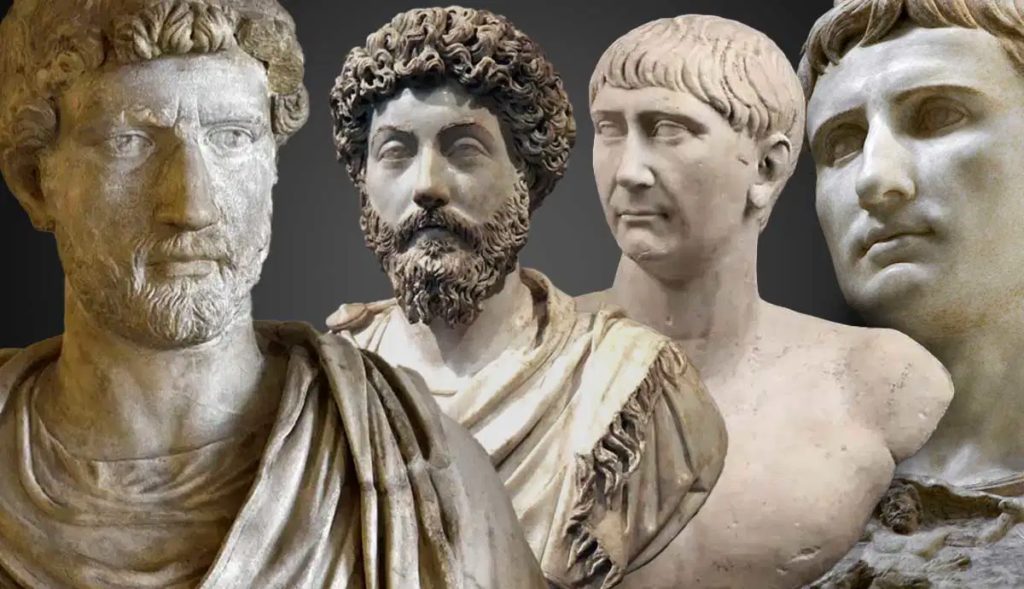Introduction
Emperors have always symbolized the peak of authority and leadership in many great civilizations. They ruled vast empires, commanded powerful armies, and shaped the cultural and political landscapes of their eras. From Rome’s Caesar Augustus to Japan’s Emperor Meiji, these figures were more than rulers they were icons of strength, vision, and divine right. Understanding what emperors are helps us explore how humanity has organized leadership, governance, and power throughout time. Their influence extended beyond politics, often touching religion, art, and social hierarchy. This article explores who emperors were, what roles they played, and how their legacies continue to shape societies even today.
What Are Emperors?
An emperor is the sovereign ruler of an empire a vast political unit often made up of multiple nations or territories. Unlike kings, whose power is limited to a single kingdom, emperors governed over several lands or peoples. The term “emperor” originates from the Latin word imperator, meaning commander or ruler. Historically, emperors held absolute power, often believed to be chosen by divine right. Their rule was considered sacred, and their commands were law. Many empires, such as the Roman, Byzantine, Ottoman, and Chinese, were led by emperors who shaped history through conquest, administration, and cultural evolution. The emperor’s position represented not only political control but also the unity and identity of their people.
Historical Origins of Emperorship
The concept of emperorship began in ancient times, notably with the Roman Empire. Julius Caesar’s successor, Augustus, was officially recognized as Rome’s first emperor around 27 BCE. His title marked the shift from a republic to an imperial system. Similarly, in China, emperors were considered “Sons of Heaven,” ruling with divine authority. Over centuries, many regions adopted this system each adding its cultural touch. In Japan, the imperial lineage is the oldest continuous hereditary monarchy in the world, dating back more than two thousand years. The title of emperor symbolized not just governance but also spiritual and moral leadership. Whether through military conquests or divine legitimacy, the rise of emperors reflected humanity’s quest for order, stability, and centralized power.
Power and Responsibilities of Emperors
Emperors often held ultimate political, military, and religious authority. They made critical decisions that shaped economies, laws, and wars. In many empires, such as the Byzantine or Chinese, the emperor was seen as both the head of state and the spiritual protector of the realm. Their responsibilities included maintaining peace, expanding territories, overseeing trade, and ensuring justice. Emperors also acted as patrons of culture, supporting architecture, literature, and art. For example, Emperor Ashoka of India spread Buddhism and moral governance across Asia, while Emperor Augustus of Rome ushered in the Pax Romana, a long period of peace and prosperity. However, the power of emperors also had its dark side many became tyrants, using fear and oppression to control their subjects.
Famous Emperors in World History
Several emperors have left an indelible mark on world history. Julius Caesar and Augustus transformed Rome into one of the greatest empires ever known. In Asia, Genghis Khan established the Mongol Empire, the largest contiguous empire in history. Emperor Qin Shi Huang of China unified the nation and began the construction of the Great Wall. In Europe, Napoleon Bonaparte crowned himself Emperor of France, revolutionizing military strategy and governance. Japan’s Emperor Meiji led the modernization of his country during the 19th century, turning it into a global power. Each emperor’s rule tells a story of ambition, innovation, and the complex relationship between power and morality. Their legacies continue to shape politics, culture, and leadership philosophies today.
The Decline of Emperorship and Its Modern Relevance
As societies evolved, empires eventually gave way to modern nation-states and democratic systems. The age of emperors gradually faded after World War I, which marked the fall of several major empires, including the Ottoman, Austro-Hungarian, and German Empires. However, a few emperors still exist today, such as the Emperor of Japan, who now holds a ceremonial role rather than absolute power. The decline of emperorship represents humanity’s shift toward collective governance and equality. Yet, the cultural and historical value of emperors remains significant. They remind us of humanity’s ability to build vast civilizations and of the dangers of concentrated power. Modern leaders still draw lessons from the successes and failures of ancient emperors.
The Enduring Symbol of Imperial Power
Emperors symbolize more than political leadership they embody the evolution of civilization itself. Their rule influenced art, architecture, governance, and even religion. While the age of emperors has passed, their impact continues to echo through history. From the Roman coliseums to the palaces of China, the remnants of imperial grandeur remind us of human ambition and creativity. Studying emperors allows us to understand leadership, governance, and the delicate balance between power and responsibility. In the modern world, their stories serve as timeless lessons about authority, unity, and the pursuit of greatness.
FAQs
Q1: What makes someone an emperor?
An emperor is the supreme ruler of an empire, which typically governs multiple nations or regions. Their authority often extends beyond a single kingdom and can be political, military, and spiritual.
Q2: How is an emperor different from a king?
A king rules over one nation or territory, while an emperor governs several. Emperors often have authority over kings, making them higher in rank.
Q3: Who was the first emperor in history?
Augustus Caesar is widely recognized as the first Roman Emperor, marking the beginning of the Roman Empire in 27 BCE.
Q4: Do emperors still exist today?
Yes, though their roles are mostly ceremonial. For example, Japan still has an emperor who serves as a cultural and symbolic figure.
Q5: What can we learn from emperors?
Emperors teach us about leadership, strategy, and the consequences of absolute power. Their histories help modern societies reflect on governance and ethical rule.
